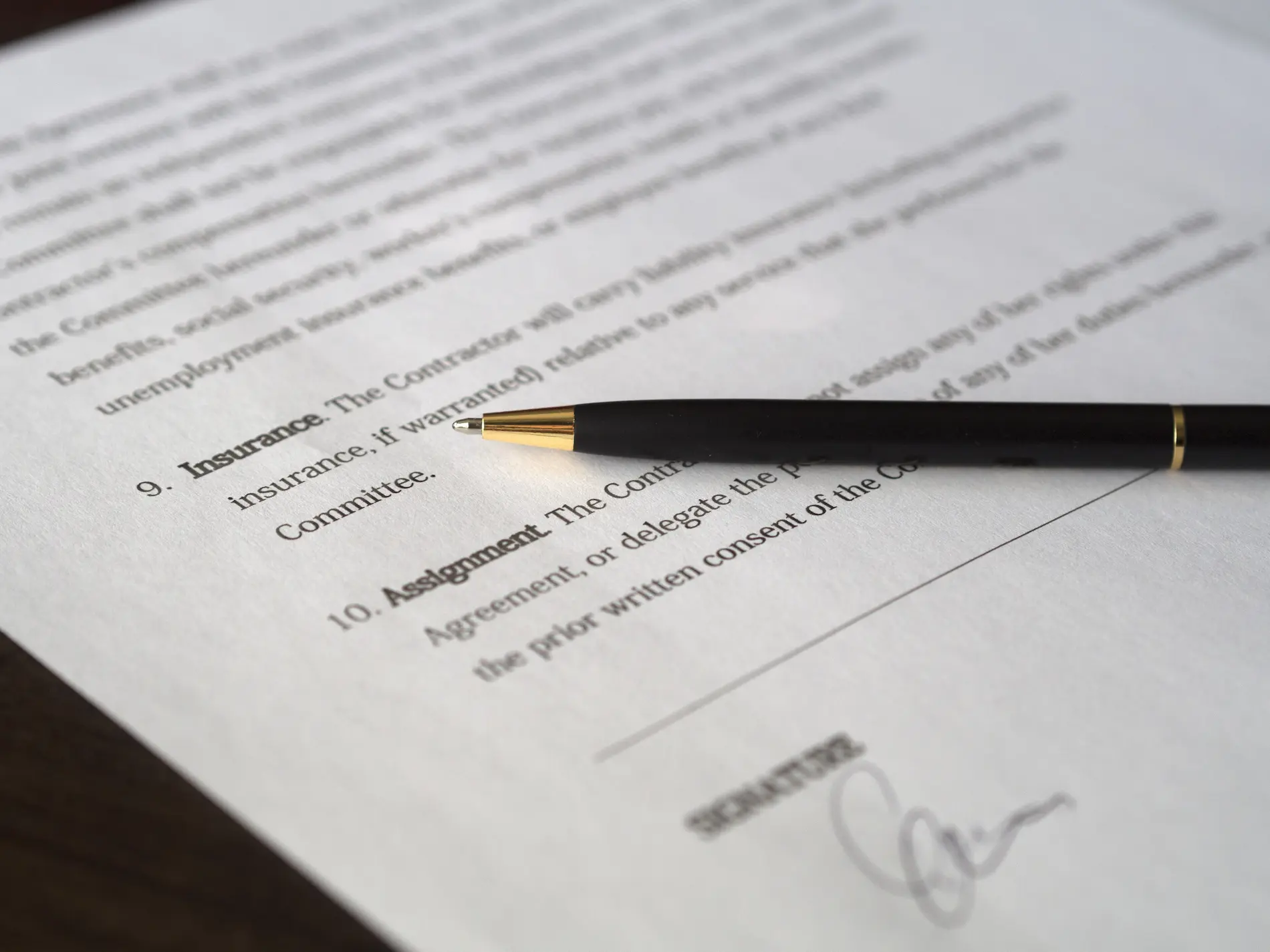
What Is Commercial Real Estate Law?
Commercial real estate law is the legal framework that controls real estate ownership, use, and sale for business purposes. This topic entails various legal difficulties, including contract and lease negotiations, obtaining funding, overcoming zoning and land use restrictions, and following tax and environmental requirements. Commercial real estate is a valuable asset anyway you slice it, which is why it is covered by several legal safeguards and limitations. And why a commercial real estate lawyer is crucial for handling these aspects.
The body of law that oversees the possession, use, and exchange of real estate used for business pursuits is commercial real estate law. Contracts, leases, construction, financing, land use and zoning, environmental laws, and tax law are only a few of the legal topics covered by a commercial real estate lawyer.
Real estate law impacts buyers, sellers, landlords, tenants, and lenders. All have rights protected by the law regarding commercial real estate transactions. Along with providing a framework for resolving disputes and upholding legal rights, this law also lays out the legal criteria for commercial real estate construction, use, and upkeep. Making these big transactions with a lot of potential complication go smoothly.

Essential Elements of Commercial Real Estate Law
Contracts and leases are two of the more essential elements that a commercial real estate lawyer needs to handle. Let’s take a look at some of the elements that comprise these aspects.
About Contracts
Contracts are a crucial component of every transaction involving commercial real estate and something a lawyer is well equipped to handle. These contracts list the criteria governing a real estate purchase, rental, or financing. Here are some of the more notable aspects found in a commercial real estate contract:
Price of an Item or Monthly Rent: The price for the property, the schedule and the mode of payment should all be specified in the commercial real estate contract.
Property Details: This is a thorough description of the property, which includes its address, dimensions, and any other crucial details.
Assurances and Representations: The buyer and the seller are encouraged to make representations and warranties in the contract saying that they are legally permitted to enter the trade and have not made any substantial factual misrepresentations or omissions.
Expiry: This is the closure date and the requirements that must be met before it can happen.

About Leases
A commercial lease is a contract that landlords and tenants enter into to give the renter access to commercial property for a predetermined time. These leases can be very complicated and may have different clauses in it. Some of the clauses in a commercial property lease include:
Rent Amount and Conditions: This includes the amount of money to be paid, the method and schedule of the payment, and any late payment fees.
Repairing and Maintaining: The lease terms will specify who is responsible for maintenance and repairs, as well as any reporting and problem-solving methods.
Options for Term and Renewal: The lease will include the length of the contract, any options for extensions or renewals, and the circumstances in which these options may be exercised.
In Use and Occupied: The permissible uses of the property, the number of inhabitants of the property, and any usage limitations are all be specified in the lease agreement.
Financing: Financing is typically a process where the purchaser can seek funding from an outside party to obtain a commercial property. Financing is usually received in the following ways:
- Mortgages: A mortgage is a loan thar is used to finance real estate acquisition. Business mortgages may need a 20% down payment or more, which makes them bigger and more complicated than residential mortgages.
- Funding for Mezzanine: With mezzanine financing, the equity in a facility is used as collateral rather than the actual asset. Mezzanine financing is a kind of funding that is frequently utilized to close the gap between the sum borrowed through a mortgage and the project’s overall cost.
- Privileged Equity: Instead of conventional financing techniques, private equity refers to investments made by investors in a commercial real estate project.
Learn more about lease agreements and why you might need a commercial real estate lawyer to work with you on these matters.

Contact Elsie Acevedo for a Commercial Real Estate Lawyer
Commercial real estate law is an intricate area of law that impacts companies and investors across all sizes and industries on Long Island, New York. Understanding commercial real estate’s legislative structure is essential for companies and investors intending to purchase, sell, or lease property for commercial use. And having a commercial real estate lawyer on your side to handle these tasks is just as crucial.
Commercial real estate law is essential for creating and utilizing commercial real estate because it establishes property rights, ensures legal protections, fosters clarity and certainty, aids economic development, and safeguards the environment.
On top of all that, businesses and investors must keep up with any amendments to the legislation because commercial real estate law is continuously changing. So turning to a trusted commercial real estate lawyer ensures you are staying up on all developments and changes in the status quo. Contact Elsie Acevedo today and get the insights of a Long Island commercial real estate lawyer that gets results. Check out all of the real estate matters we handle, as well as learn about the benefits that come with hiring an experienced lawyer.
